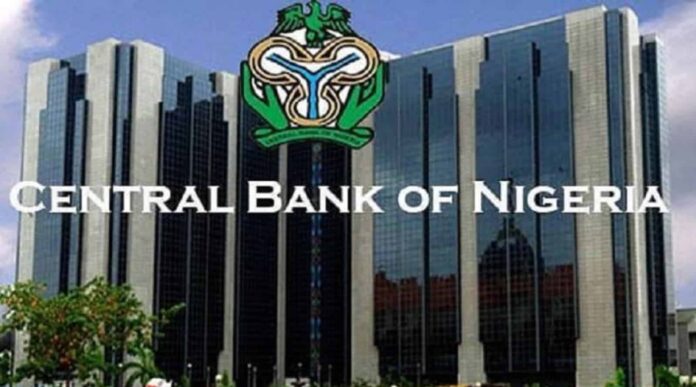Nigeria’s current account surplus rises sharply to $5.28 billion in Q2 2025 — CBN
Story by Martha Gwary
Nigeria’s current account surplus rose significantly to $5.28 billion in the second quarter of 2025, up from $2.85 billion recorded in the first quarter, underscoring stronger external sector resilience and improved foreign exchange inflows.
The Central Bank of Nigeria (CBN) disclosed the figures on Tuesday in a Frequently Asked Questions publication on its official website, noting that gross external reserves also climbed to $43.05 billion as of 11 September, providing 8.28 months of import cover.
“The growth in external reserves serves as a source of confidence to citizens, foreign and local investors, and other economic agents,” the CBN stated.
According to the apex bank, the improved performance was driven by sustained exchange rate stability, tighter monetary policy, and a moderation in petroleum product prices, all of which have contributed to a more favourable balance of payments position.
READ ALSO: CBN eases monetary policy, cuts interest rate to 27%
Latest figures also show that Nigeria’s external reserves have exceeded the $42 billion mark as of 25 September 2025 — the highest in over six years. Data indicate that reserves have been on a steady upward trajectory since 14 July 2025, rising by more than $692 million in just 18 days. The last time reserves reached a similar level was on 27 September 2019, when they stood at $41.99 billion.
The CBN further explained that its decision to reduce the Cash Reserve Ratio (CRR) for commercial banks from 50 per cent to 45 per cent was aimed at easing liquidity pressures and enhancing banks’ capacity for productive lending and financial intermediation.
To curb excess liquidity from public sector accounts held outside the Treasury Single Account (TSA), the Monetary Policy Committee (MPC) also introduced a 75 per cent CRR on non-TSA public sector deposits. “This measure ensures that such deposits do not add to inflationary pressures, which could undermine the current momentum of disinflation,” the CBN said. It assured that depositors would continue to have full access to their funds, with commercial banks able to meet all legitimate obligations.
The central bank reaffirmed its commitment to balancing inflation control with support for the real economy, particularly micro, small and medium-sized enterprises (MSMEs). “We are using conventional monetary policy tools to anchor inflation expectations while ensuring a stable and robust financial system,” it stated.
By maintaining market stability, financial institutions are better positioned to channel surplus funds to deficit areas of the economy. The CBN also reiterated its role as a lender of last resort, providing short-term liquidity support to commercial banks through its Standing Lending Facility, ensuring they can meet customer obligations while preserving systemic stability.
Follow the Neptune Prime channel on WhatsApp:
Do you have breaking news, interview request, opinion, suggestion, or want your event covered? Email us at neptuneprime2233@gmail.com





